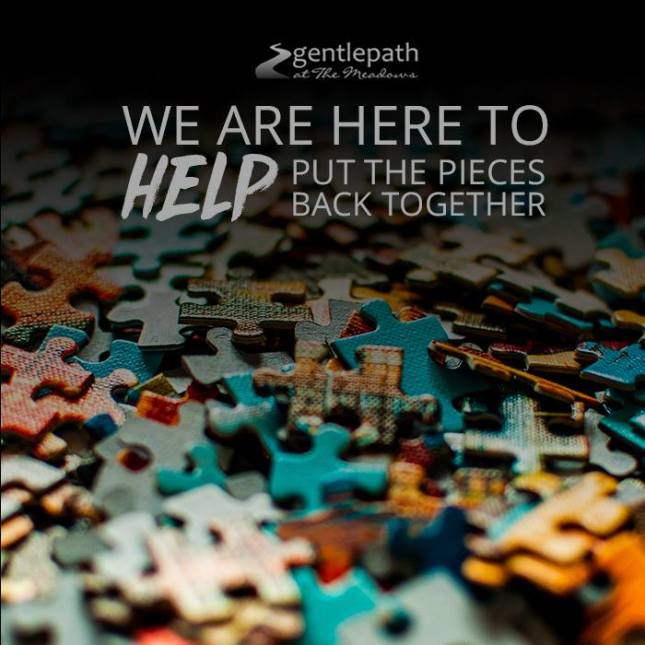Recent studies have found that a person’s first exposure to
pornography happens at around age 11, with 93 percent of boys and 62
percent of girls being exposed to explicit materials before the age of
18. Studies also show that the young adult demographic regularly views
pornography. Around 66 percent of young men and 18 percent of young
women consume adult materials a minimum of once per week—likely more.
These statistics are strikingly different from previous years; a fact
we can attribute to the modern accessibility of online pornography. No
longer are adult materials only available on top shelves of grocery
stores or in the back rooms of video stores; instead, they are only a
few clicks away. Furthermore, it is not only the nudity associated with
magazines like Playboy that is readily available online, but also
depictions of explicit sexual acts.
Countless personal accounts have stated that early exposure to
pornography on a brain which isn’t sexually mature can have crippling
effects. Two-thirds of college students have stated that they feel that
watching porn can be a healthy way of “exploring their sexuality.” But,
what many don’t realize is that these can have a powerful, subconscious,
neurobiological effect on their brains.
How Porn Hot-Wires the Brain
Pornography is highly addictive for a number of reasons. First,
sexual arousal (from pornography or other sources) releases multiple
chemicals into the brain, most notably dopamine and endorphins. These
chemicals provide a sense of pleasure, craving, and a powerful emotional
high on which one can become dependent. Additionally, oxytocin and
vasopressin are fed to the brain; chemicals which “bind” a person’s
sexual desire to the object which provided their stimulation.
This process is ideal when one engages in sexual activity with their
partner. When we experience these highs as a pair then come to relate
one another with the pleasurable experience over time, we begin to form a
natural bond.
However, regular pornography viewing “hot-wires” this process.
Instead of forming a connection to a person, the connection is formed to
the act of viewing porn. Your brain recalls how and where this high was
achieved, so whenever you desire sexual release, your brain itches for
pornography again.
Furthermore, pornography provides an abnormal amount of dopamine to
the brain; significantly more than sexual intercourse provides. When the
dopamine surge subsides, the brain craves the same amount of dopamine
it had taken previously to achieve the high. However, it becomes more
difficult to reach the required levels without seeking out more intense
pornography. This means that the viewing of “ordinary” sexual acts
begins to fail to produce the same high, forcing the viewer to become
involved in an endless cycle of acquiring more and more extreme
pornographic material.
These skewed expectations of sexual pleasure can lead to various
problems, especially at such a young age. At a time in one’s life when a
person is not mentally developed enough to understand that pornography
is not representative of reality, this ‘normalizes’ pornography into
being the default. There are also multiple peer-related factors which
lead young adults to perceive pornography as “normal.” (i.e., “everyone
is doing it in pornography, therefore this must be what normal
sex/relationships are like.”) It also creates an exaggerated perception
of how much promiscuous sexual activity takes place in reality.
Pornography’s Impact on Young Adult Relationships
When a young adult who has been exposed to intense pornography
eventually matures to the point that they want to begin dating
romantically and forming romantic attachments to people, their
preconceptions about what such relationships entail will likely be
entirely distorted.
Pornography rarely depicts any kind of meaningful relationship as a
pre-condition to sex. It reduces relationships down its primal form:
sexual activity without any kind of emotional connection. This can
cause:
- The belief that sexual promiscuity is commonplace.
- A lack of interest in remaining monogamous with one partner.
- Sexual objectification of people or persons.
- Increased normalization of inappropriate or dangerous sexual behaviors (and to some extent, even illegal sexual behaviors).
Studies have further shown that excessive pornography use among young
adults has a direct correlation with loneliness and depression.
Over the next several years, those born around the millennium will
bridge into adulthood. We are already seeing the “millennial crisis” as
many young adults are ill-equipped to deal with reality due to them
having unrealistic expectations of adult living; much of which has been
brought on by vicariously living via social media.
This is another form of skewed perception through online
sensationalism, and romantic relationships will play out very similarly.
When they are unable to form a romantic attachment to someone because
they are unaware of their pre-conceptions of relationships, they will
revert back to pornography due to its ease of access, lack of demands,
and the emotional release it provides. This then yields feelings of
loneliness, as all they will have to rely on for fulfillment is visual
images of a computer.
There is also a direct correlation between excessive pornography
viewing and low self-esteem. When viewing pornography, the viewer will
subconsciously place themselves into the ‘beta’ role, while placing the
on-screen actors as the ‘alpha’. Over time, the viewer will feel
conditioned to believe themselves permanently in the ‘beta’ role (Note:
this is relevant to both genders).
Signs of Sex or Porn Addiction in Young Adults
Suffering from an addiction to porn or sex is not always obvious—in
fact, quite the opposite. Addicts often become desensitized to their
symptoms. However, there are some major indicators to be aware of.
- Do your actions negatively affect your life in any way? (If porn
usage or sex stops you from working, meeting friends, hitting deadlines,
meeting appointments, losing a job, lying about your whereabouts – then
it’s a cause for concern.)
- Has watching porn ever affected a personal relationship?
- Do you ever continue viewing porn in spite of realization of consequences?
- Do you ever feel ashamed or guilty of looking at pornography?
- Do you often need to increase the intensity of it in order to achieve your desired outcome?
- Have you tried to cut down on pornography and failed to be able to do so?
These are all symptoms of an over-reliance on pornography or sex. If
any of these situations resonate with you, then please address your
issues accordingly.
It is important to remember that sex is a part of everyday life and
is completely natural for young adults to be curious and to experiment.
However, in order to develop a healthy sexuality, it is necessary for
young adults to be equipped with knowledge, context, and understanding
so as not to create a distorted need for sex, and an inability to create
and maintain real intimacy.
Sex Addiction Treatment for Young Adult Men
Sexual behaviors can become particularly problematic for young men of
the ages 18 – 25, frequently without them realizing it has occurred.
Several factors come into play during this stage of life that can make
identifying and treating the condition in this age group unique.
At Gentle Path at The Meadows, our expert staff is trained to help
people overcome their sexual addiction and treat underlying conditions
that can fuel sexual issues. Clinical evidence suggests that additional
factors such as alcohol and substance abuse, eating disorders and
financial disorders often accompany — and exacerbate — sexual addiction.
Gentle Path at The Meadows has the expertise to address core trauma
that drives the addictive disorders as well as treat patients with cross
addictions. Call 866-531-8912 to find out how we can help.
content source



























